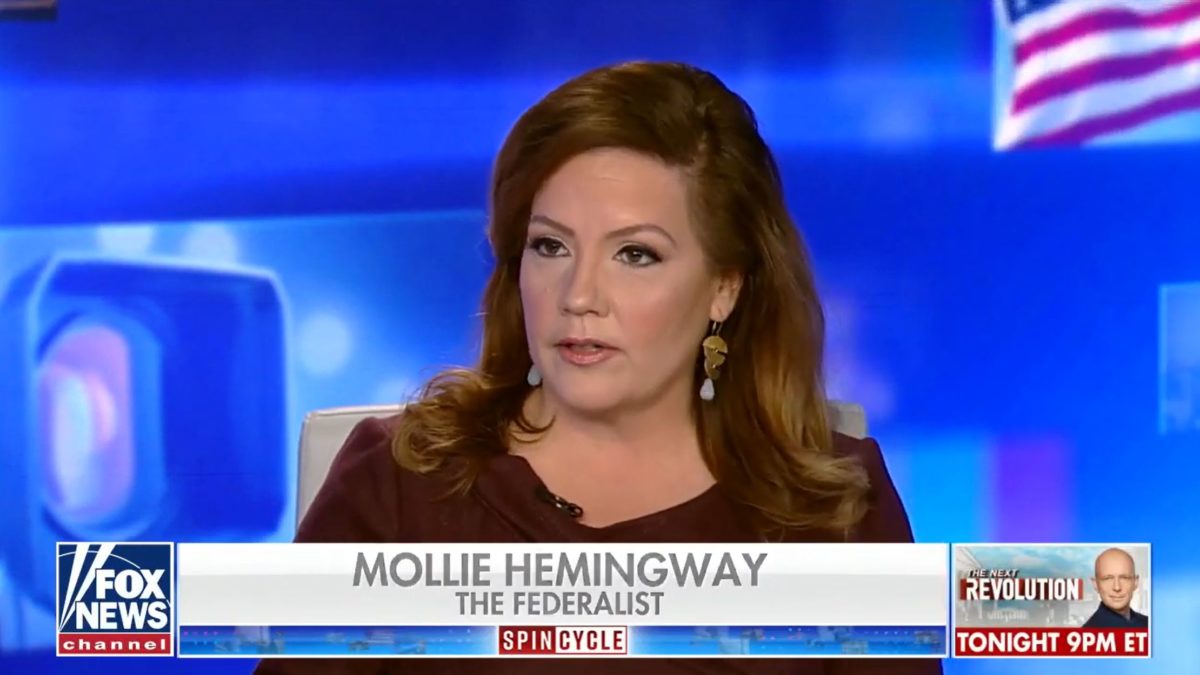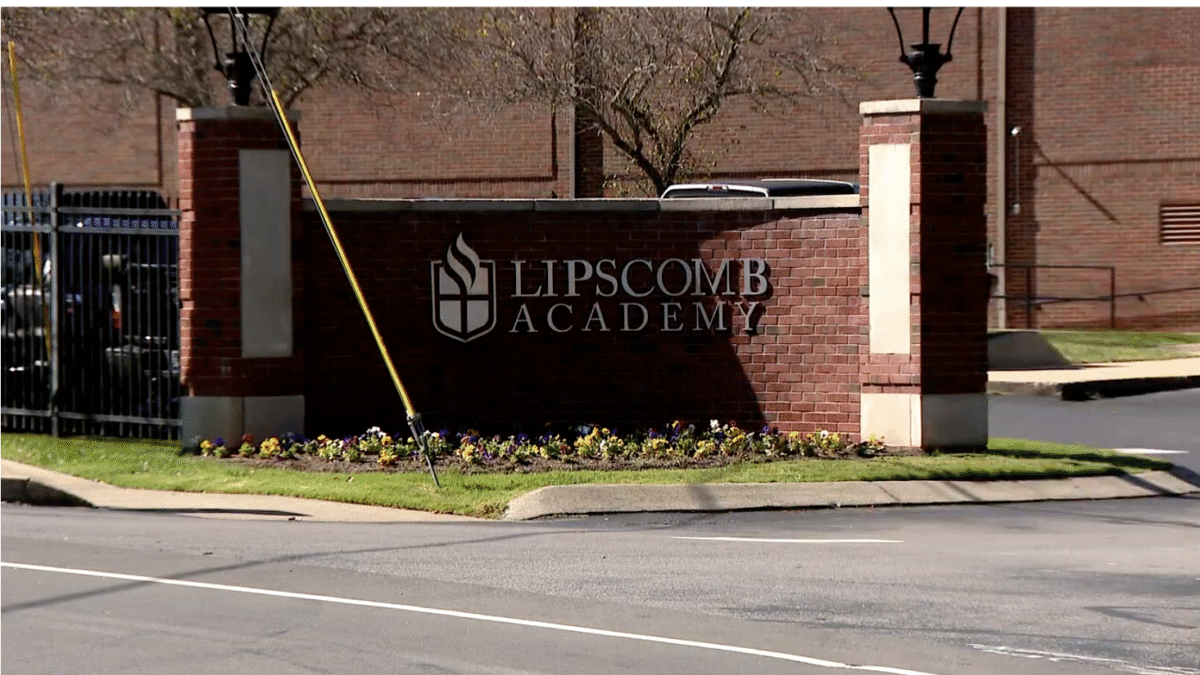
President Barack Obama announced last week that his “big motto” for the United States Congress is “do something.” After winning the presidency with some other “big” slogans, all the president is asking the Congress to do six years later is to “hope” again. Not just in his ability to bring about real “change” in Washington, but for Congress to believe in its. Congress too can be the one we’ve been waiting for. It can give us “change we can believe in” and take us “forward”–and it can show the folks in America that change doesn’t happen here from the top down, but from the bottom up–like all good things, except the ones that happen from the middle out.
House Democrats also love their slogans and responded in lock step a day later, with an “action plan” meant to counter Republican inaction, gridlock, and petty constitutional lawsuits against the executive branch. The Democratic House leadership promised that if they become the majority party after the 2014 midterm elections, they would spend the first 100 days of the 114th Congress working to: (a) increase the minimum wage to $10.10 an hour; (b) “jumpstart” the middle class by passing the Student Emergency Loan Refinancing Act, the CEO-Employee Pay Fairness Act, and the Build American Bonds Act, and (c) help women (and presumably families) by strengthening the Violence Against Women Act, and passing the Paycheck Fairness Act, the Strong Start for America’s Children Act, and the Healthy Families Act.
Two ‘fairnesses,’ a ‘healthy,’ and a ‘strong start;’ better ‘bonds,’ less ‘violence,’ lower payments, and more pay: it may not be another New Deal, but “do something” is certainly a nice complement to FDR’s “try something,” which jumpstarted Progressive demagoguery in the 1930s.
The rub for the contemporary Republican party is that if it’s not willing to act on its own set of euphonious proposals–or, better yet, endorse all the Democrats’ “common sense” ones–it’s charged with being the do-nothing party of no. This has led some Republicans angling for the White House (like Chris Christie) to suggest that Republicans ought to run as the more efficient do-somethings, while others applaud do-nothing as no failure at all, but rather the genuinely conservative alternative.
Nothing certainly beats something if something is just about anything on the Congressional Democrats’ list. And, Republicans should remind voters this fall, nothing would also have beaten the signature laws of the last Democratic Congress, Obamacare (“The Affordable Care Act”) and the stimulus boondoggle (“The American Recovery and Reinvestment Act”). First, do no harm–as good advice for legislators as doctors.
Our understanding of both medical and social pathologies is limited–and rather more so in the case of the latter than the former. Complex systems are prone to unintended consequences that often overwhelm the benefits of even treatments administered with the best of intentions–and no system is more complex than civil life.
Legislating is an intermittent, piecemeal, cautious work, however, for reasons deeper than information theory posits. Most fundamentally, as James Madison suggests in Federalist 53, it is because, since human nature is fixed, the general objects of legislation are fixed, and, therefore, the laws need only be occasionally accommodated to new circumstances–and that by analogy from old ones.
In making the case for the usefulness of two-year terms for members of the House (in a context in which twelve of the thirteen states held elections for legislators at least annually), Madison argues that the “knowledge” necessary to legislate well (resulting from a combination of “information” and “experience”) cannot be acquired so quickly as a one-year term would require.
All four of the “principal objects of federal legislation”–foreign trade, interstate trade, taxation, and “uniform regulations for the militia”–require at least some familiarity with the “affairs, and even…the laws of all the states.” Note that Madison was concerned legislators wouldn’t have enough knowledge to make wise laws even when the “principal objects” of legislation were well-defined and limited in number. How much more would his concern apply to the infinitely more ambitious Progressive legislative agenda today–determined to rid the nation (and ultimately the world) of age-old pathologies like poverty, crime, and conflict?
Nevertheless, Madison acknowledged that, in absolute terms, the knowledge necessary to legislate well will diminish over time:
The most laborious task will be the proper inauguration of the government and the primeval formation of a federal code. Improvements on the first draughts will every year become both easier and fewer. Past transactions of the government will be a ready and accurate source of information to new members. The affairs of the Union will become more and more objects of curiosity and conversation among the citizens at large. And the increased intercourse among those of different States will contribute not a little to diffuse a mutual knowledge of their affairs, as this again will contribute to a general assimilation of their manners and laws.
For Madison, there is little new under the sun. The great work is that of founding–establishing the right constitution and the initial federal code (a work that Madison devoted himself to for ten years, from the Constitutional Convention through the first four Congresses). After that, occasional improvements might be accomplished with relative ease, as the experience, familiarity, and homogenization of Americans across the Union grows–and the fundamentals of political life remain the same.
Yet American politics took a very different turn in the 20th century, as progressives challenged Madison’s understanding and the laws that resulted from it. Consider the jarring contrast between Madison’s observations and the opening lines of Woodrow Wilson’s The New Freedom (1913):
There is one great basic fact which underlies all the questions that are discussed on the political platform at the present moment. That singular fact is that nothing is done in this country as it was done twenty years ago.
We are in the presence of a new organization of society. Our life has broken away from the past. The life of America is not the life that it was twenty years ago; it is not the life that it was ten years ago. We have changed our economic conditions, absolutely, from top to bottom; and, with our economic society, the organization of our life. The old political formulas do not fit the present problems; they read now like documents taken out of a forgotten age.
For Wilson, it wasn’t merely the work of the American founders that was hopelessly antiquated–it was any political principle more than a decade old. Progressivism requires permanent revolution and perpetual refounding–and, in the president-driven administrative state, it has established the means necessary to accomplish this. As a result, even when Congress does nothing, legislating by other (executive and regulatory) means continues. If there is nothing new to be done, there is always more to be undone.
Congressional Republicans would do well to remind voters of the dangers of a Democratic Congressional majority and avoid all temptations to formulate a me-too Progressive-lite agenda for the fall campaign. But they’ll need to do more in order to stop, much less reverse, the advance of the Progressive leviathan.
A good example of what this type of action looks like is found in Utah Republican Senator Mike Lee’s Conservative Reform Agenda, a set of action items that aim to tackle systemic societal problems by empowering individuals and families. Lee’s policy formula (from employment to education to transportation matters) is simple: encourage individual and familial liberty by creating the greatest amount of flexibility in every important life decision Americans make.
Lee’s approach embodies two simple precepts that Republican officeholders and candidates would do well to adopt in designing an action plan of their own.
First: addition begins with subtraction. Renovating a structure that has been plagued by careless craftsmanship is not an easy task when people are living in the building–as is always the case in politics. Wrecking balls, while rhetorically appealing, can’t be the usual tool of choice. As Lee’s agenda suggests, a limited-government majority should begin with multiple and targeted steps to remove the political debris that has made such a mess of American politics before moving on to more substantial renovations.
Second: follow the original blueprint (as closely as you can). The Constitution remains a reliable guide for American statesmen. It provides a ‘do-something’ Congress with all the tools that it needs to do its part–and, in Madison’s “principal objects,” a good place to start.
In sum, neither Rome nor America (nor any other great regime) was built or destroyed in a day. Renewing our liberty necessitates people employing their rational and moral faculties to a greater degree. The re-emergence of societal flourishing built upon political liberty will require both a regime that wants the people, more and more, to “do something”–and a people eager to act.
David Corbin is a Professor of Politics and Matthew Parks an Assistant Professor of Politics at The King’s College, New York City. They are co-authors of “Keeping Our Republic: Principles for a Political Reformation” (2011). You can follow their work on Twitter or Facebook.









